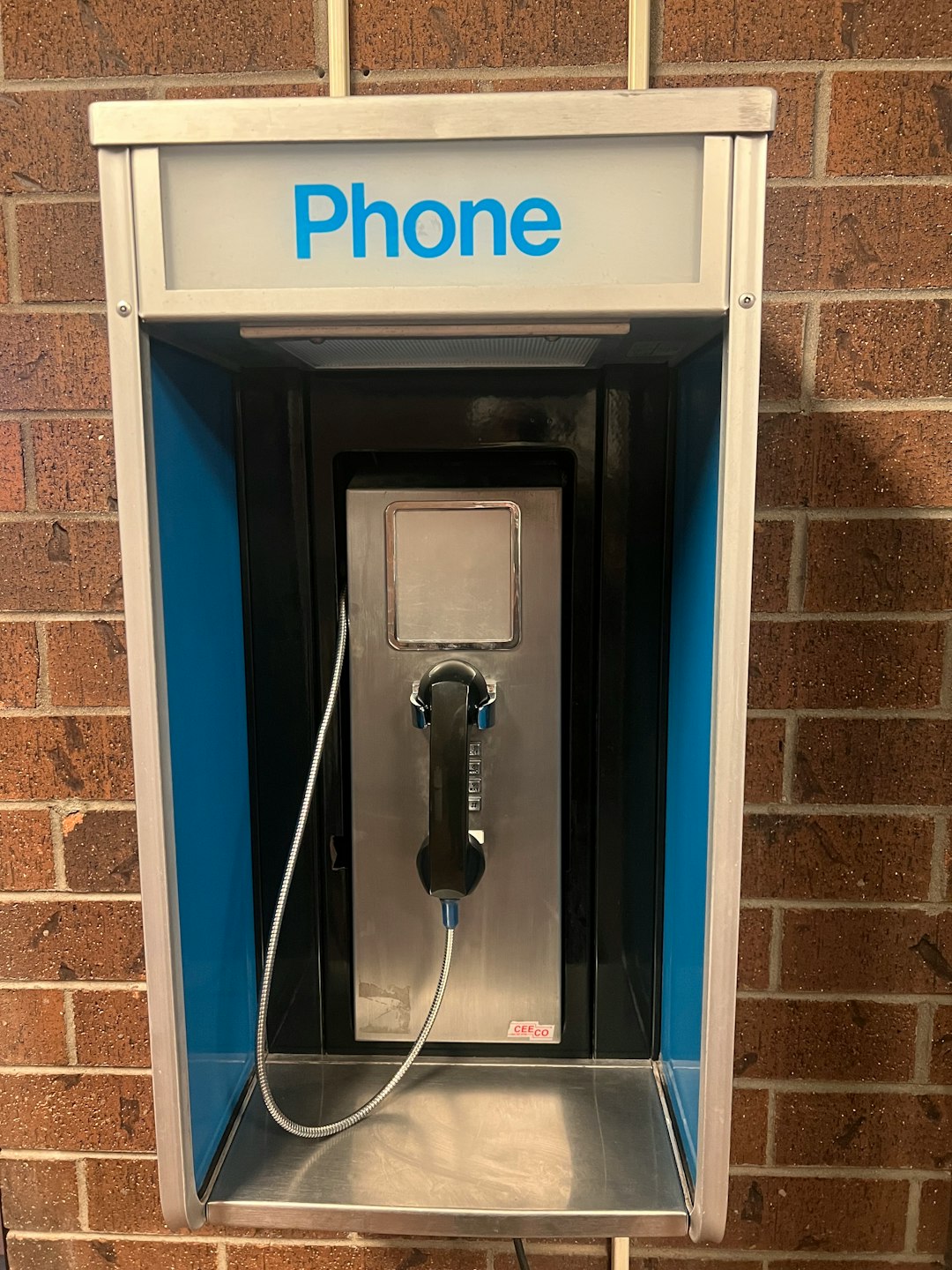Spam calls are a pervasive issue in Connecticut, disrupting communities and impacting daily life with deceptive and harmful unsolicited communications from law firms and businesses. To combat this, empowering local voices through community engagement is crucial. By involving representatives from industry experts, consumer advocates, and local residents, Connecticut can develop balanced spam call regulations that protect residents while allowing legitimate marketing efforts by law firms. Law firms in Connecticut play a key role in enforcing these laws, holding offenders accountable and providing support to victims. Engaging community leaders, utilizing technology, and collaborating with local businesses are effective strategies to reduce spam calls. Successful partnerships between community organizations, advocates, and law firms have led to stricter enforcement and increased digital literacy.
In Connecticut, where bustling local communities are often disrupted by intrusive spam calls, a collective effort is necessary to mitigate this growing concern. This article explores the vital role of empowering local voices in combating spam calls, focusing on the collaboration between residents and legal experts. We examine how law firms can leverage their expertise while fostering community engagement to create effective strategies. By embracing diverse perspectives, Connecticut can develop tailored solutions that address the unique impact of spam calls on its vibrant locales.
Understanding the Impact of Spam Calls on Local Communities in Connecticut

Spam calls have become a pervasive issue for local communities in Connecticut, significantly impacting daily life and well-being. These unsolicited phone communications, often from law firms and other businesses, are not only annoying but can also be deceptive and harmful. In a state where personal connections and community engagement are highly valued, the influx of spam calls disrupts the fabric of these close-knit communities. Many residents find themselves harassed, frustrated, and even frightened by the constant barrage of unknown numbers.
The impact extends beyond individual experiences; it affects local businesses and non-profit organizations that rely on phone communications for their operations. Small law firms in Connecticut, for instance, might struggle to differentiate genuine client calls from spam, leading to potential missed opportunities or miscommunication. Empowering local voices in discussions around spam call laws is essential to finding a balanced solution. By involving community representatives, telephone industry experts, and consumer advocates, Connecticut can develop effective regulations that protect residents while ensuring legal firms and businesses can conduct legitimate marketing efforts without causing distress.
The Role of Law Firms in Combating Spam Calls: A Legal Perspective

Law firms in Connecticut play a pivotal role in combating spam calls from a legal perspective. With their expertise in consumer protection laws, these professionals can help establish guidelines and regulations that target and penalize those engaged in unsolicited telemarketing activities. By analyzing existing legislation and advocating for stricter measures, law firms contribute to the development of robust anti-spam call frameworks. They also provide guidance to businesses on legitimate marketing practices, ensuring compliance and minimizing the risk of harassment.
Through legal action, Connecticut’s law firms can hold spam call perpetrators accountable. This includes filing lawsuits against companies that violate consumer rights, seeking damages for affected individuals, and pressing for injunctions to stop such activities. Their involvement not only deters potential offenders but also offers support to victims who may feel powerless against relentless spam calls.
Empowering Local Voices: Benefits and Strategies for Effective Participation

Empowering local voices is a critical aspect in navigating discussions around spam calls, especially for areas like Connecticut where specific laws govern such practices. By involving and amplifying the perspectives of community members, organizations, and local businesses, the conversation becomes richer and more nuanced. Local voices bring firsthand insights into the impact of spam calls on daily life, offering unique solutions tailored to regional needs. This collaborative approach fosters a sense of ownership and collective responsibility in addressing the issue.
Strategies for effective participation include creating safe and inclusive forums where everyone feels encouraged to share their experiences and ideas. Utilizing technology to reach broader audiences, such as hosting online panels or webinars, can be beneficial. Local law firms specializing in spam call laws can play a pivotal role by providing legal expertise and advocating for stringent enforcement of anti-spam legislation. Collaborating with community leaders and leveraging social media platforms can also help amplify local voices, ensuring that discussions remain dynamic and relevant.
Building Trust and Collaboration: Engaging with Community Leaders and Experts

Engaging with community leaders, experts, and local voices is pivotal in building trust and fostering collaboration when tackling issues like spam calls that plague Connecticut’s residents. These individuals possess a deep understanding of their communities’ unique needs and challenges, offering invaluable insights into effective solutions. By actively involving them, law firms fighting against spam calls can ensure that strategies are tailored to resonate with local audiences, boosting the overall effectiveness of anti-spam initiatives.
Community leaders often have established networks and connections within their areas, which can help amplify messages and encourage buy-in from residents. Their collaboration facilitates a more holistic approach, where legal experts and community members work together to navigate complex spam call regulations. This partnership also aids in disseminating accurate information, dispelling myths, and fostering a culture of digital responsibility, ultimately empowering Connecticut residents to combat unwanted calls.
Case Studies: Successful Examples of Local Voice Empowerment in Spam Call Mitigation

In recent years, several case studies have demonstrated the positive impact of empowering local voices in combating spam calls. One notable example involves a collaborative effort between local community organizations and law firms in Connecticut. By uniting residents, consumer advocacy groups, and legal professionals, these initiatives have successfully pushed for stricter enforcement of existing spam call laws. Through targeted campaigns and community workshops, they’ve increased public awareness about the harmful effects of unsolicited phone marketing, leading to more robust regulatory responses.
Another successful instance is seen in rural areas where local businesses and residents joined forces to combat a surge in scam calls targeting the elderly. By sharing best practices, organizing informational sessions, and leveraging technology to block known spam numbers, these communities have not only reduced the number of unwanted calls but also fostered a sense of digital literacy among their members. These case studies underscore the power of local voices in shaping effective spam call mitigation strategies tailored to specific regions and demographics.






